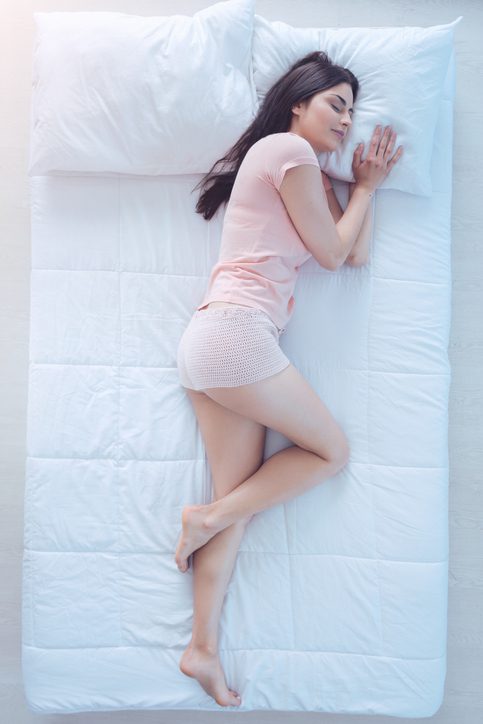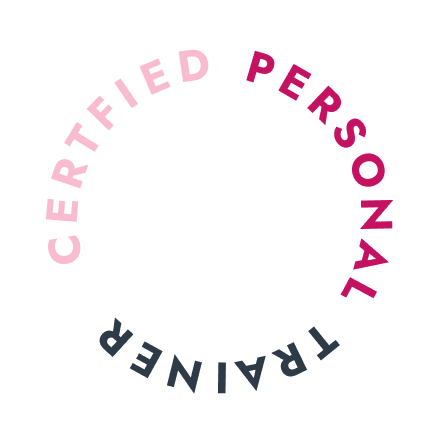More Than Just Rest
Let’s be honest – in our busy lives, sleep often gets the short end of the stick. We sacrifice it for work, Netflix binges, scrolling social media, or hitting the gym extra early. But what if I told you that those precious hours of shut-eye might be THE most important part of your health routine? Let’s chat about why sleep deserves top billing in your wellness priorities!
Why Your Body Desperately Needs Good Sleep
The Physical Benefits You Can’t Exercise Your Way Out Of
- Muscle recovery and growth – This is when your body repairs the day’s damage and builds new tissue
- Hormone regulation – Sleep balances hormones that control hunger, stress, and metabolism
- Immune system support – Ever notice how you’re more likely to catch a cold when tired? That’s no coincidence!
- Heart health – Quality sleep helps manage blood pressure and reduces strain on your cardiovascular system
- Weight management – Poor sleep messes with hunger hormones, making you more likely to crave junk food
The Mental Magic That Happens While You Snooze
- Memory consolidation – Your brain files away the day’s learning and experiences
- Emotional processing – Sleep helps you regulate emotions and respond better to challenges
- Creativity boost – Ever noticed how solutions sometimes appear after a good night’s rest?
- Focus and attention – Even one poor night’s sleep can reduce your concentration by up to 32%
- Stress management – Sleep resets your stress response system for the next day
The Ripple Effects of Poor Sleep
One night of bad sleep might leave you grumpy and reaching for an extra coffee, but chronic sleep issues can have serious consequences:
- Increased risk of heart disease, diabetes and stroke
- Weakened immune function
- Poorer workout performance and recovery
- Reduced motivation to exercise and make healthy food choices
- Increased anxiety and depression risk
- Higher likelihood of accidents and poor decision-making
In other words: all those healthy habits you’re working on? Poor sleep can undermine every single one of them!
How Much Sleep Do You Actually Need?
While everyone’s slightly different, most adults need 7-9 hours for optimal health. Teenagers typically need 8-10 hours, while younger children and infants need considerably more. These recommendations come from extensive research studying physical and cognitive performance at different sleep durations.
Interestingly, very few people genuinely thrive on less sleep than these recommendations. Only about 3% of the population has a gene variant that allows them to function optimally on less sleep (around 6 hours). For the other 97% of us, getting less than 7 hours consistently means operating in at least a mild state of sleep deprivation.
Many people who think they’re “fine” with little sleep have actually just adjusted to chronic sleep deprivation as their normal state. They’ve forgotten what it feels like to be truly well-rested! This is similar to how people can adapt to chronic dehydration or poor nutrition – the body compensates as best it can, but optimal functioning remains out of reach.
The effects of sleep debt accumulate over time, even if you don’t notice them day to day. The person who sleeps 6 hours per night for two weeks shows cognitive and physical performance declines similar to someone who’s been awake for 24 hours straight! Yet remarkably, when asked, these sleep-deprived individuals often rate their performance as “fine” – demonstrating how poor we can be at judging our own impairment.

Simple Sleep Improvements Anyone Can Try
Creating a Sleep-Friendly Environment
- Make it dark – Blackout curtains or an eye mask can make a huge difference
- Keep it cool – The ideal temperature is about 16-18°C for most people
- Quiet please – Earplugs or white noise can mask disruptive sounds
- Comfort matters – Is your mattress or pillow past its best? Might be time for an upgrade
- Electronics out – Keep phones, laptops and TVs out of the bedroom if possible
Developing a Wind-Down Routine
- Consistent bedtime – Try to go to sleep and wake up at roughly the same time (even weekends!)
- Digital sunset – Dim screens or use blue light filters 1-2 hours before bed
- Relaxation rituals – Reading, gentle stretching, or a warm bath can signal sleep time
- Brain dump – Write down tomorrow’s to-dos so they’re not swirling in your head
- Breathing exercise – Try the 4-7-8 technique: inhale for 4, hold for 7, exhale for 8
Daytime Habits That Help Nighttime Sleep
- Morning sunlight – Getting natural light within an hour of waking sets your body clock
- Regular exercise – But ideally not intensely within 1-2 hours of bedtime
- Caffeine curfew – Try to avoid caffeine after lunchtime if you’re sensitive
- Nap smartly – Keep daytime naps under 30 minutes and before 3pm
- Manage stress – Meditation, journaling or talking with friends can prevent bedtime worry
Troubleshooting Common Sleep Problems
“I can’t fall asleep at night”
Difficulty falling asleep (sleep onset insomnia) is one of the most common sleep complaints. Paradoxically, trying harder to fall asleep often makes it more difficult! Instead, focus on relaxing rather than forcing sleep.
If you’re still awake after 20 minutes, get up and do something calming until you feel sleepy. Staying in bed while frustrated reinforces the association between your bed and wakefulness – exactly what we don’t want. Move to another room for some gentle stretching, reading, or listening to calm music until drowsiness returns.
Try a sleep-specific meditation or the military method: relax your face, drop your shoulders, breathe deeply and visualize a peaceful scene. The military technique was developed to help soldiers fall asleep in challenging conditions and has been reported to work within 2 minutes with sufficient practice.
“I wake up in the middle of the night”
Middle-of-the-night awakening (sleep maintenance insomnia) can be particularly frustrating. Keeping a notepad by your bed for those 3am thoughts can prevent them from circling in your mind. Write down whatever’s on your mind to give your brain permission to let it go until morning.
Avoid checking the time when you wake up, as seeing it’s 3am can trigger anxiety about how little sleep time remains. Turn your clock away from view or use a dawn simulator alarm instead of a traditional clock.
Maintaining a cool, dark, and comfortable environment throughout the night helps prevent awakenings triggered by environmental factors. Ensure your room stays at that ideal 16-18°C and use breathable bedding that prevents overheating.
Consider limiting fluids a few hours before bed if bathroom trips are disrupting your sleep. While staying hydrated is important, front-loading your water intake earlier in the day can reduce night time interruptions
“I’m exhausted but still can’t sleep”
- You might be overly tired, which can trigger stress hormones
- Focus on consistent sleep times rather than catching up with extra hours
- Get moving during the day – physical activity helps regulate sleep hormones
- Consider temporary sleep support like magnesium or herbal teas (chat with your doctor first)
When to Seek Help
While many sleep issues can be improved with lifestyle changes, some need professional input. Consider talking to your GP if:
- You consistently struggle with sleep despite trying these techniques
- Your sleep problems are affecting your daily functioning
- You have symptoms like loud snoring, gasping for breath, or extreme daytime fatigue
- Sleep difficulties are accompanied by low mood or anxiety
Your 7-Day Better Sleep Challenge
Ready to prioritise your sleep? Try this simple one-week plan:
Day 1: Set a consistent bedtime and wake-up time (even on weekends)
Day 2: Create a tech-free wind-down routine for 30 minutes before bed
Day 3: Get 10 minutes of morning sunshine and some form of exercise
Day 4: Make your bedroom as dark, quiet and cool as possible
Day 5: Cut caffeine after 2pm and alcohol within 3 hours of bedtime
Day 6: Try a relaxation technique like progressive muscle relaxation before sleep
Day 7: Reflect on improvements and decide which habits to keep
The Bottom Line
Sleep isn’t lazy time – it’s when your body does some of its most important work! Prioritising good sleep might be the single most effective thing you can do for your physical and mental wellbeing.
Remember, perfect sleep every night isn’t realistic (especially if you have young children or shift work), but making improvements where you can will pay dividends for your health, fitness and happiness.
Sweet dreams! 😴💤
